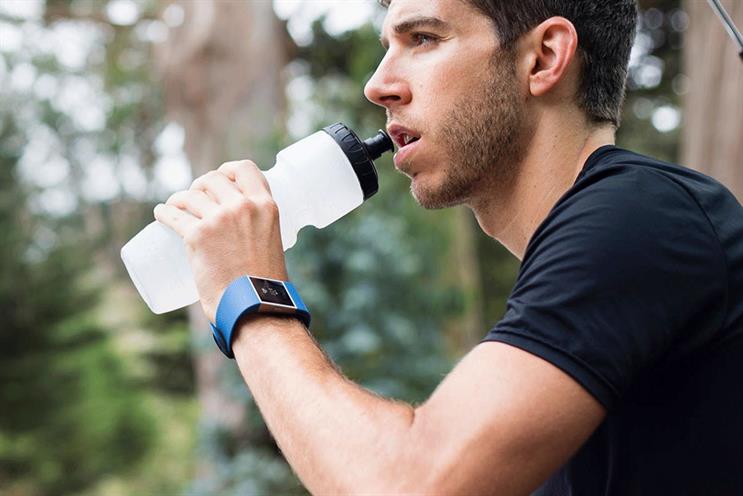Wearables have been the hottest buzzword since at least 2012, when Google publically announced the futuristic Google Glass.
Despite Google quietly ending production of Glass in January, Wearables have remained firmly lodged in marketers and tech commenters' minds as the next big thing.
Always-on connectivity is already impacting search for the consumer in increasingly interesting ways. Google Now provides a form of predictive search, giving you information you need based on time of day and geo-location.
Transport times, local restaurants, traffic information and more are all automatically pushed to your mobile, giving search results without the need for the act of searching.
Siri and similar voice search will become increasingly important for search on devices too small for a keyboard, as will image search such as Google Goggles.
Consumers increasingly expect their devices to know enough about them to make longtail search terms redundant.
A search term as simple as "Pizza" should know if you're looking for a restaurant if you're on the high street, a takeaway if you're in your home, or a reminder to watch your calories if your fitness wristband is on.
Recent developer leaks indicate upcoming watch-specific apps will have a maximum time limit of 10 seconds per use, to avoid people remaining glued to their device at all times.
With these additional time limits placed on top of consumers already short attention spans, precise and accurate targeting will be of paramount importance. It will no longer be good enough to be second best, or deliver a so-so result, advertisers who want to see a return on their spend will need to give the consumer exactly what they need in a matter of seconds.
Mobile payment will likely become an important part of the Wearable proposition. Contactless card payment has already become the norm in the UK and Wearable payment integration is the logical next step.
As mobile payment services such as Google Wallet are set to integrate seamlessly with the new tech, expect to see more people on the high street tapping their wrists on the checkouts.
The impact on advertisers will be an unprecedented amount of data and audience signals available. The smart search marketer will soon be able to tap into a much wider range of metrics, allowing them to tailor their campaigns accordingly.
Contactless device payments opens up the possibility of tracking an offline purchase back to search, and attributing accordingly.
Data gathered on users habits, fitness levels, device usage and preferences will all need to be fed back into campaign strategy, targeting, and bidding for maximum efficiency.
Paid search specialists who want to stay ahead of the game should make sure they start preparing for this now. AdWords already offers a number of different audience targeting options, from search remarketing, to demographic, to device.
By familiarising themselves with the options currently available, advertisers will be in a much better position to take advantage of the new options wearables will bring. A much greater understanding of attribution will be required, both from a cross-channel and cross-device perspective.
Last click will no longer be enough for Wearables, where a click may not even be a viable option.
Technology and the internet creep ever further into our lives, and Wearables are going to be a huge part of that in one form or another.
With it, agencies can look forward to more qualified data to work with, brands will enjoy a wider range of deep audience insights, and consumers will have a much better quality of search product.
As Wearables make the jump from buzzword to reality, smart advertisers should be doing all they can to make sure they don’t get left behind.
Chris Camacho is managing partner, Precision Marketing, Starcom MediaVest Group


